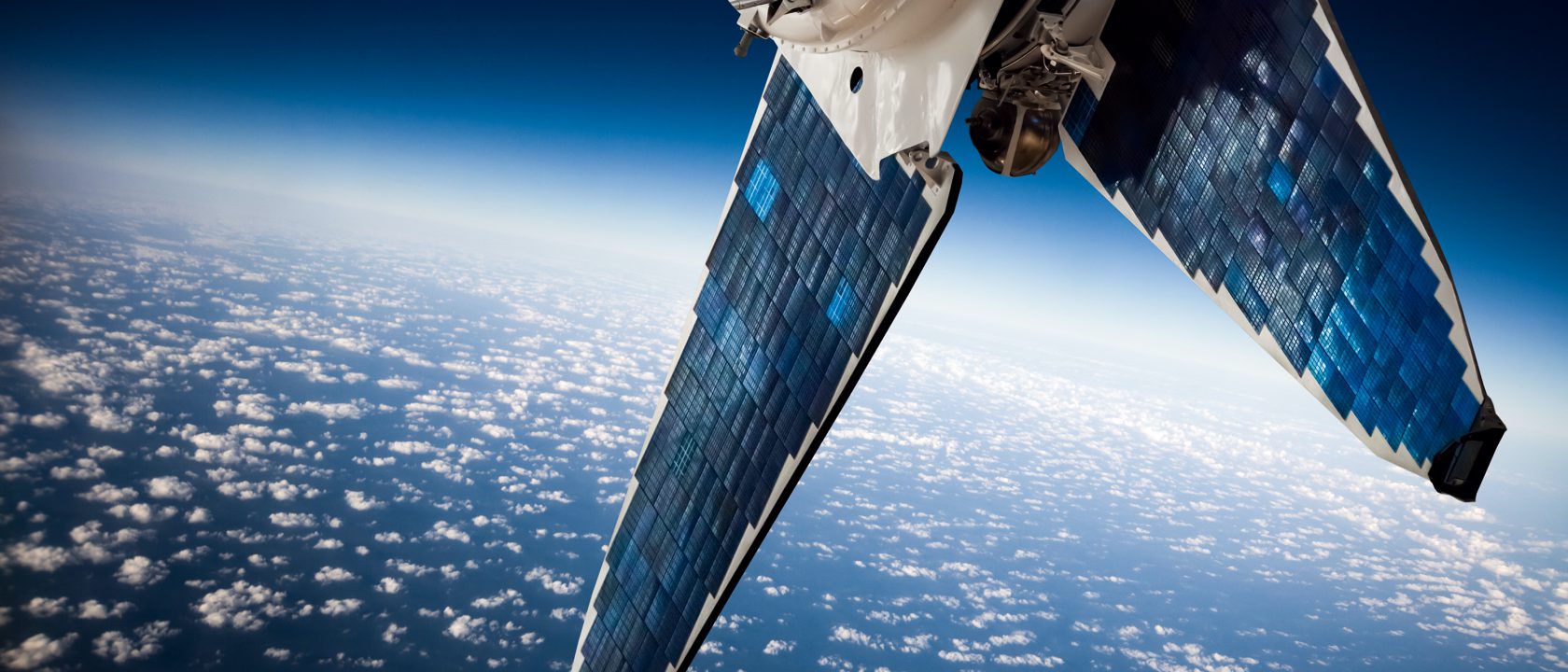
-
Jeff Bezos’ historic flight to the edge of space on the New Shepard
-
Implications of Space Tourism
On July 20, 1969, Neil Armstrong and Buzz Aldrin landed on the moon. 52 years later, Jeff Bezos became the second billionaire this month to reach the edge of space. This historic month for space exploration not only pushes the boundaries of technology, but may have great implications for the trajectory of our planet as we embark on an unprecedented path.
And We Have Liftoff!
The New Shepard rocket is one of Jeff Bezos’ newest toys made by his company, Blue Origin. Its maiden voyage was accompanied by Jeff Bezos, his brother Mark Bezos, 18 year old Oliver Daemen, and 82 year old female aviation pioneer Wally Funk. The New Shepard blasted off into space around 9:15 am EST and flew 62 miles up to the Karman Line. A few minutes later, the spacecraft began to descend and parachutes helped the crew ease into a smooth touchdown. Overall, the whole flight lasted a mere 11 minutes.
Billionaires in Space
Earlier this month, billionaire Richard Branson , CEO of Virgin Galactic, also flew to the edge of space in his own historic flight on the SpaceShipTwo VSS Unity. With the success of the hour-long flight to space, Virgin Galactic aims to send customers to space in 2022 with tickets selling for $250,000 a piece.
Alongside Branson and Bezos, Elon Musk also has his eyes set on exploring the great unknown – which is space tourism. Marketed as an opportunity for scientific research and advancement, these suborbital flights may be little more than for the uber rich to parade around space.
Amazonification of Space?
While space may be the next frontier, there are still many environmental and social problems we must address on our planet first. If commercial flights to space increase in volume, so too does the amount of greenhouse gases into the atmosphere. There may be other unknown environmental risks to space tourism that scientists do not know of too.
Bezos claims that pollutants from the Blue Origin will be minimal, but we cannot overlook the fact that the emissions from rockets will introduce harmful pollutants into the stratosphere. The New Shepard uses a mix of liquid oxygen and liquid hydrogen which does not produce carbon emissions. However, the production of both liquid oxygen and liquid hydrogen is energy intensive and produces carbon pollution.
If commercial flights to space increase in volume, so too does the amount of greenhouse gases into the atmosphere. There may be other unknown environmental risks to space tourism that scientists do not know of too.
In order to address issues facing our planet today, we must redirect our priorities. One way you can be part of the change is to make sure your investments are going towards the right places. At Physis, our innovative platform allows you to manage, track, and understand the impact of your investments. Explore the new frontier of impact investing with us today!
References:
Jeff Bezos Travels To Space And Back On Blue Origin Rocket
Richard Branson Has Completed A Historic Trip To The Edge Of Space On Virgin Galactic
How bad is space tourism for the environment?
